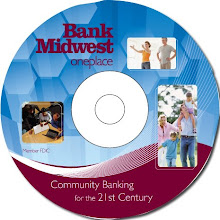I’m just an ordinary person. I haven’t done anything special. Who would want to read about me?We hear these objections a lot when talking about the value of personal history. In our star-obsessed culture, ordinary people believe there’s nothing noteworthy about the trials and tribulations of “ordinary” life.
Of course, ordinary people do extraordinary things every day. You know who these people are: the grandmother who serves funeral luncheons at church, the single mother who raised seven children while also earning a college degree, the office clerk who reads books to children during her lunch break, the bank executive who takes a sabbatical to volunteer at a Third World hospital. Every community – every family – has members who humbly go about the day quietly performing extraordinary acts. Their stories, once preserved, can inspire generations.
But a personal history can do more than simply honor civic-minded loved ones. Life stories allow us to connect to other people, to learn from their struggles, or to find courage in their ability to overcome, especially if we’ve encountered similar obstacles.
“The Year of Magical Thinking,” the critically-acclaimed memoir by Joan Didion, recounts the events that precede and follow her husband’s sudden death from a heart attack. Here is a story that explores as universal a topic that ever existed: death. Who among us hasn’t lost a loved one unexpectedly? Didion’s story resonates because when we read her account, we’re able to put our own experience with death into context. Her story isn’t so much about her family as it is about our family, about us.
Other people’s insight into a universal experience can lead us to a place we hadn’t before encountered, a new perspective. In this way, when we read a life story, we do so not so much to learn about them, but to learn something about ourselves. And therein lies the value of telling our stories.
The stories that resonate with us best are the ones where we recognize parts of our self in the narrative. The stories of ordinary citizens can be wonderfully unique. No one holds the same perspective on history, family, community, or birth, life and death, as do you. When you share your insight, you engage us in your uniqueness. We learn about you, yes, but we also learn about us. And this is how we connect.







No comments:
Post a Comment